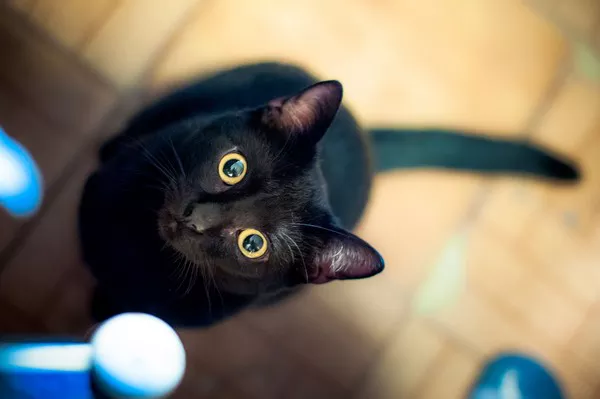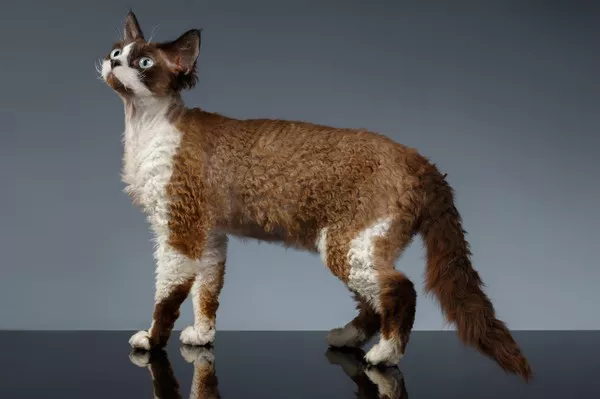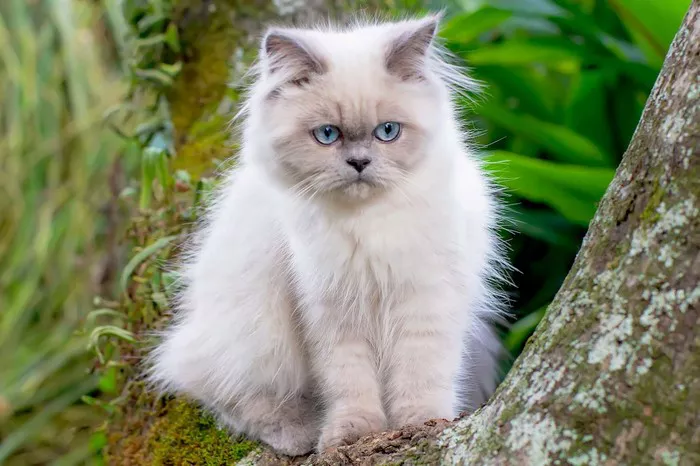Cats are beloved companions cherished for their independence, grace, and playful demeanor. However, behind their aloof exterior lies a sensitive digestive system that requires specialized care and attention, particularly when it comes to their diet. While cats are obligate carnivores, meaning they require meat to thrive, their dietary needs extend beyond simple protein intake. As responsible pet owners, it’s essential to be aware of the human foods that can be harmful to cats and to ensure they receive a balanced and nutritious diet to support their overall health and well-being.
Understanding Feline Digestion: How Cats Process Food
The Importance of Taurine
Taurine is an essential amino acid for cats that plays a crucial role in maintaining healthy eyesight, cardiovascular function, and reproductive health. Unlike dogs and humans, cats cannot synthesize taurine in their bodies and must obtain it from their diet. Without an adequate intake of taurine, cats may develop serious health issues, including heart disease and vision problems.
The Role of Protein and Fat
Protein and fat are essential components of a cat‘s diet, providing the necessary energy and nutrients to support their active lifestyle and maintain lean muscle mass. While cats are obligate carnivores, meaning they primarily rely on animal-based protein sources for nutrition, it’s important to ensure they receive a balanced diet that includes the right proportions of protein and fat to meet their dietary needs.
Understanding the Role of Water
Water is essential for maintaining proper hydration and supporting vital bodily functions in cats. Unlike humans, cats have a relatively low thirst drive and may not consume enough water to meet their hydration needs, particularly if they are fed a dry kibble diet. As a result, it’s important to provide cats with access to fresh, clean water at all times and to incorporate moisture-rich foods, such as wet cat food or raw meat, into their diet to help prevent dehydration and support urinary tract health.
Identifying Harmful Human Foods for Cats: What to Avoid
1. Chocolate and Caffeine
Chocolate and caffeine contain compounds called methylxanthines, which can be toxic to cats if ingested in large enough quantities. Methylxanthines can cause symptoms such as vomiting, diarrhea, rapid breathing, elevated heart rate, tremors, and seizures. Dark chocolate and cocoa powder contain higher concentrations of methylxanthines than milk chocolate, making them particularly dangerous for cats. It’s important to keep chocolate and caffeinated beverages out of reach of cats and to seek veterinary care immediately if ingestion occurs.
2. Onions, Garlic, and Chives
Onions, garlic, and chives belong to the Allium family of plants and contain compounds that can cause damage to red blood cells in cats, leading to a condition called hemolytic anemia. Symptoms of onion and garlic toxicity in cats may include weakness, lethargy, pale gums, increased heart rate, and collapse. While small amounts of onion or garlic may not cause immediate harm, repeated exposure over time can lead to serious health issues. It’s best to avoid feeding cats any foods containing onion, garlic, or chives, including soups, sauces, and seasonings.
3. Grapes and Raisins
Grapes and raisins can be toxic to cats and may cause symptoms such as vomiting, diarrhea, lethargy, and kidney failure. The exact cause of grape and raisin toxicity in cats is not fully understood, but even small amounts of these fruits can be harmful. It’s best to err on the side of caution and avoid feeding cats grapes, raisins, or any products containing these ingredients.
Exploring Potential Dangers: The Risks of Certain Human Foods for Cats
1. Dairy Products
While cats may enjoy the taste of dairy products such as milk, cheese, and yogurt, many cats are lactose intolerant and lack the enzyme lactase needed to digest lactose, the sugar found in milk. Consuming dairy products can lead to gastrointestinal upset in cats, including symptoms such as diarrhea, vomiting, and abdominal pain. While small amounts of dairy may not cause immediate harm in some cats, it’s best to limit their intake or avoid feeding them dairy altogether to prevent digestive issues.
2. Raw Meat and Fish
While raw meat and fish may seem like natural dietary choices for carnivorous cats, they can pose significant health risks if not prepared and handled properly. Raw meat and fish may contain harmful bacteria such as Salmonella, E. coli, and Listeria, which can cause foodborne illness in cats and humans alike. Additionally, raw fish may contain thiaminase, an enzyme that can destroy thiamine (vitamin B1) and lead to a deficiency in cats. Symptoms of thiamine deficiency may include neurological issues, seizures, and loss of appetite. It’s important to thoroughly cook meat and fish before feeding them to cats and to avoid feeding them raw or undercooked foods to minimize the risk of foodborne illness and nutrient deficiencies.
3. Xylitol
Xylitol is a sugar substitute commonly found in sugar-free gum, candy, baked goods, and other products. While xylitol is safe for human consumption, it can be extremely toxic to cats (and dogs) if ingested. Xylitol can cause a rapid release of insulin in cats, leading to hypoglycemia (low blood sugar), seizures, liver failure, and even death. Even small amounts of xylitol can be dangerous for cats, so it’s important to keep products containing xylitol out of reach and to seek veterinary care immediately if ingestion occurs.
Conclusion: Promoting Feline Health Through Nutrition Awareness
The Importance of Educating Pet Owners
As responsible pet owners, it’s essential to be aware of the human foods that can be harmful to cats and to take proactive steps to ensure they receive a balanced and nutritious diet that meets their unique dietary needs. By understanding the role of key nutrients such as taurine, protein, fat, and water in feline nutrition, and by identifying and avoiding potentially harmful foods such as chocolate, onions, garlic, grapes, and xylitol, pet owners can help promote optimal health and well-being for their feline companions.
Consulting with a Veterinarian
If you have any questions or concerns about your cat’s diet or nutritional needs, it’s important to consult with a veterinarian for personalized guidance and recommendations. A veterinarian can help assess your cat’s dietary requirements based on factors such as age, weight, activity level, and any underlying health conditions, and can provide tailored advice on selecting the right foods and supplements to support their overall health and longevity.
Empowering Pet Owners
By educating pet owners about the importance of feline nutrition and the potential risks associated with certain human foods, we can empower them to make informed decisions that promote the health and well-being of their beloved feline companions. Together, we can work towards ensuring that every cat receives the nourishment they need to thrive and live their best lives.


























